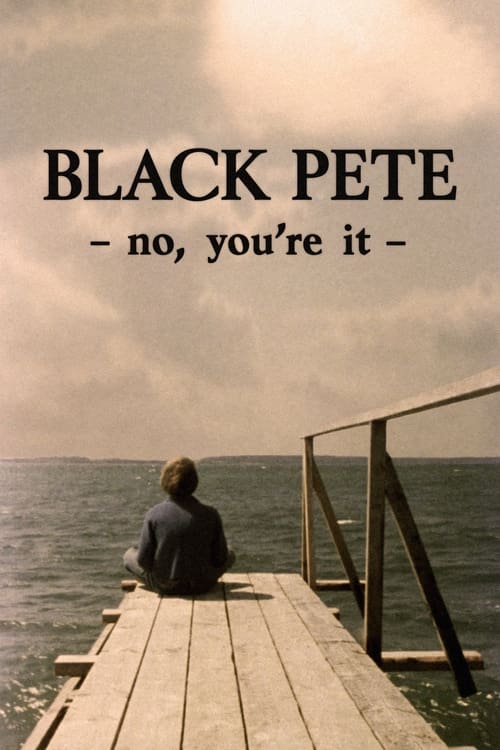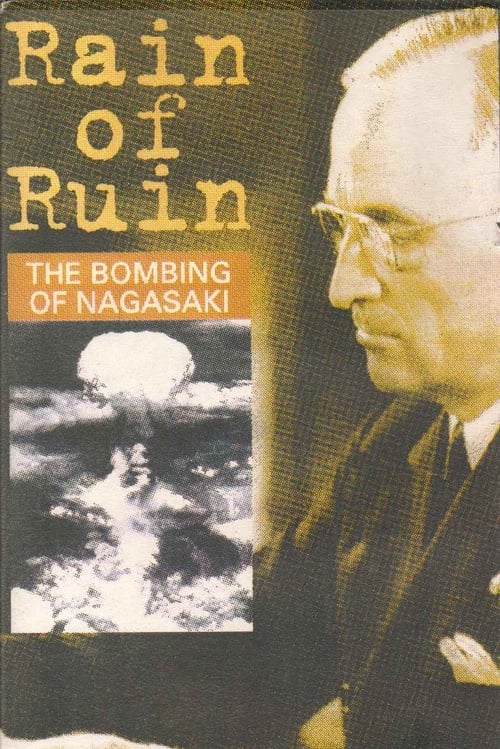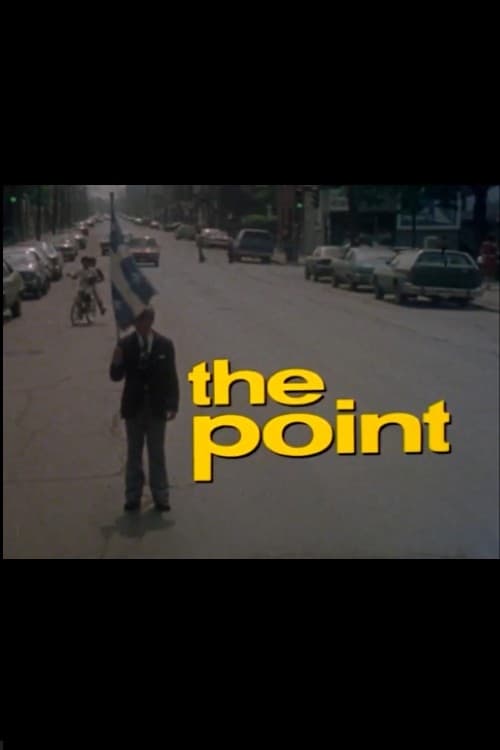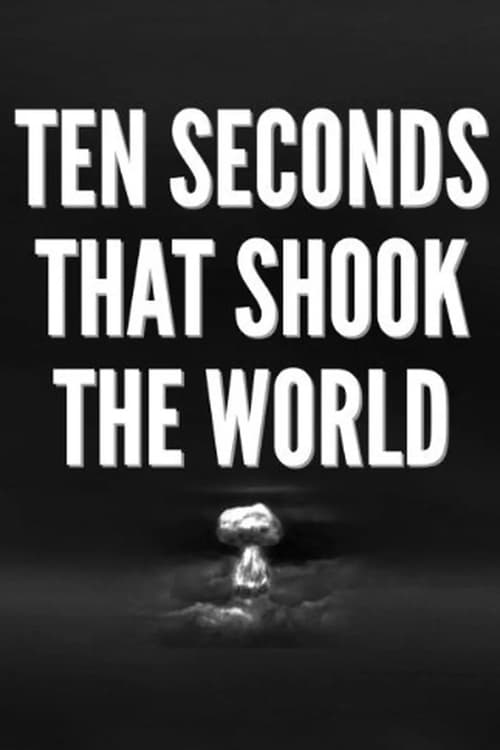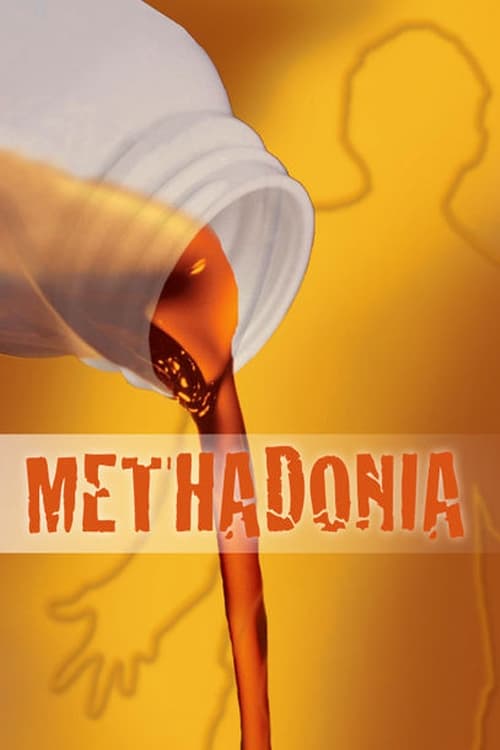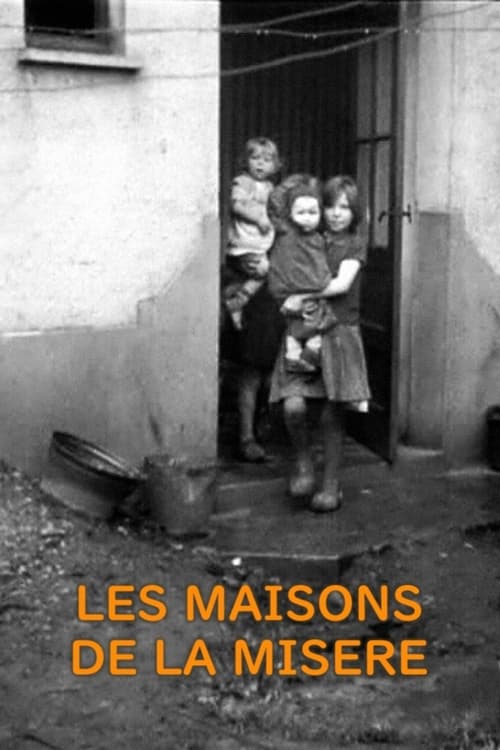The Journey
Peter Watkins' global look at the impact of military use of nuclear technology and people's perception of it, as well as a meditation on the inherent bias of the media, and documentaries themselves.
Cast

Peter Watkins
as Narrator / Self

Francine Bastien
as Self

Brian Mulroney
as Self

Mila Mulroney
as Self

Ronald Reagan
as Self






